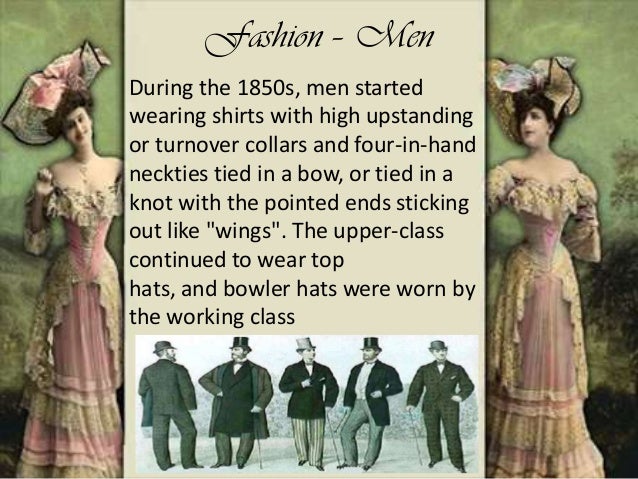THE JOKER JOKED.
__________
A STORY OF A PRACTICAL JOKE
PLAYED ON PULASKI COWPER.*
__________
An Extract from Cowper’s Reminiscences of the
Good Old Times Before the War in Northampton
County
In his
reminiscences in the Patron and Gleaner
(Rich Square , Northampton County , NC
“Some years
ago Col. Pulaski Cowper… was reading law in the town of Jackson, the county
seat of Northampton County.
“In the
vicinity of Jackson lived Uncle Tom Wheeler. …It is said Uncle Tom was possessed of
considerable means though somewhat miserly. At any rate, very few people saw
him spending money.
“One
characteristic of Uncle Tom was, when away from home he was never seen without
his gun, ‘Old Betsy,’ as he always called it. … Though he never went anywhere
without his gun, no one ever saw him with any game.
“It made
but little difference in what direction Uncle Tom started from home to take a ‘little
hunt,’ it was always nearer to go via Jackson; and some of his neighbors
insinuated that the ‘wet groceries’ had some attraction for him, as it was
almost a daily occurrence for him to be seen in town, and while he was ever
ready, if drinks were proposed, he was never known to ‘set ‘em up.’
 |
| The occupation of Jackson, Northampton County, in 1863. Frank Leslie’s Illustrated Newspaper, August 29, 1863, p. 368. Neg. 80-455. FP1-46-W79-C582w-C18. |
“This reminiscence
occurred during a court in Jackson Randolph
Col. Cowper had become
somewhat weary at the wrangling of the lawyers, over the admission of some
evidence, so he took up his hat and walked out of the court house over to Randolph’s
store, where he found the crowd in the porch teasing Uncle Tom about always
carrying his gun and never having any game and some intimated that they did not
believe he could kill anything.
“The
Colonel said, ‘All right, you can take a rest, and sit down too, if you like.’ He sent five of six boys around town to tell everybody to come quick round
to Randolph
 |
| Taken from "Fashion in the Victorian Era and Regency Period" https://www.slideshare.net/shahansaheed/presentation1hghgfhhgdhghh |
“Everything
in readiness, Uncle Tom took up his gun, remarking, ‘Old Betsy, you have never
failed me. Now do your best.’ Seating himself in a chair he rested the gun on
the railing, took aim, pulled the trigger. Uncle Tom was picked up at the other
end of the piazza, and the gun went cavorting through the air, and landed on
the other side of the street. The hat, not a piece of it as big as a ten cent
piece, could be found in the whole town. ‘Snaked by jings,’ exclaimed Col.
Cowper. ‘A conspiracy—some one has played fool on me, but I’ll set ‘em up.’ All were invited to a saloon near by, where he arranged with the proprietor for
drinks for the crowd. The Colonel then went to the hotel to get his dinner, and
about two o’clock p.m. the line was formed, and the drinking commenced. They
would go in at the front door, get a drink, and pass out at the rear.
“About
sunset the colonel went over to settle the bill, when to his astonishment, the drinking
was still going on. The line had resolved in a ring, and was repeating, and
ever and anon there would go up a yell, ‘Rah for Cowper.’ He called a halt on
the bar-tender, who, knowing the Colonel’s ability to pay, was keeping the
glasses filled. He asked for the amount of the bill. The proprietor told him it
would take some time to count it up, as he had chalked it down on the side of
the house. The Colonel asked how many barrels they had drank, and was told
about two. He said he would pay for it at wholesale prices, and it was
compromised for $117.50.
“Colonel
Cowper became so disgusted with the whole affair that he resolved to give up
the study of law, and immediately packed his trunk, and hired a man to take him
to the railroad. Just outside the town, on ascending a hill, an obstruction was
noticed in the road. The driver got down to see what it was, and reported that
a cart was bottom upwards. They took hold to remove it, when a voice underneath
stammered out, ‘Hic: come in boys, free treat—rah for Cowper.’
“Reaching
the station, the colonel took the first train for Raleigh ,
(Wake County
[From the News and Observer (Raleigh , NC
*Pulaski Cowper (1832-1901) was the son of Lewis Meredith and Annice Collins Cowper. He grew up in Murfreesboro, Hertford County and studied law under Thomas Bragg of Jackson , Northampton County. He became Greensboro. After the war, he became involved in the
insurance business, and for a number of years was the president of the North
Carolina Home Insurance co. of Raleigh .
Cowper
write for the University Magazine in Chapel Hill
and for several newspapers. He also wrote biographies of Gov. Bragg, Judge
David Caldwell, and compiled letters of Gen. Bryan Grimes to his wife during
the war.
No comments:
Post a Comment